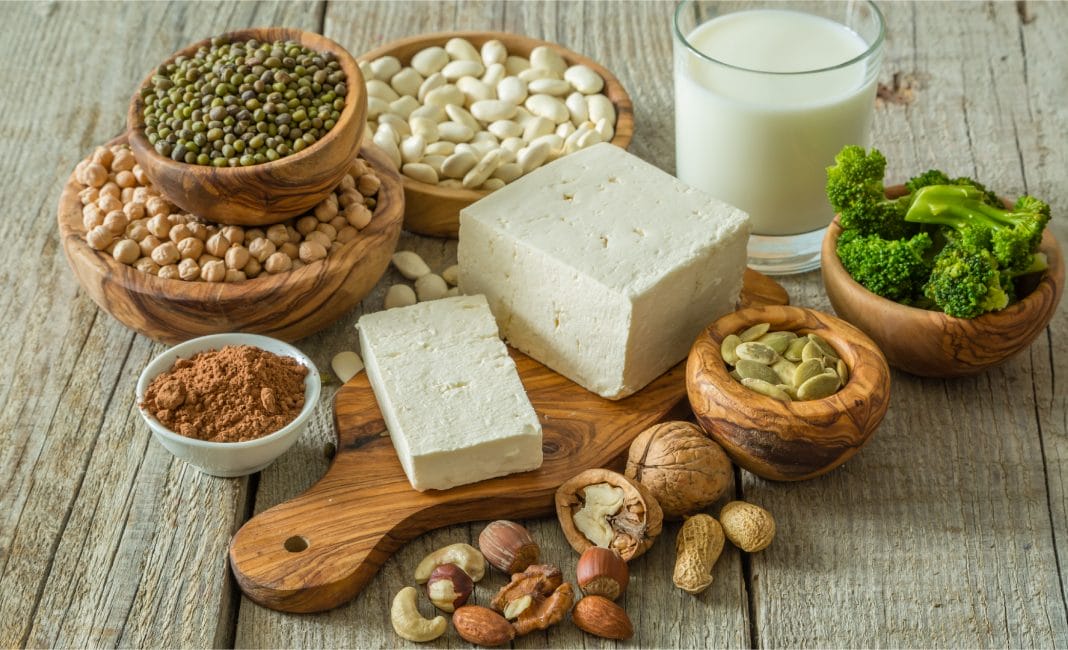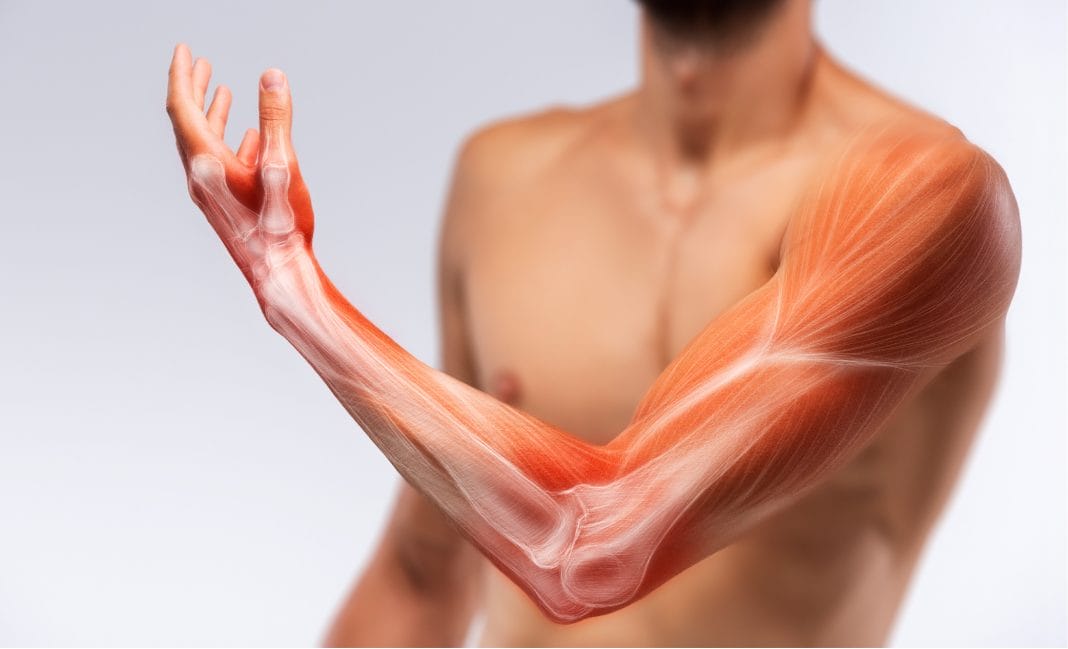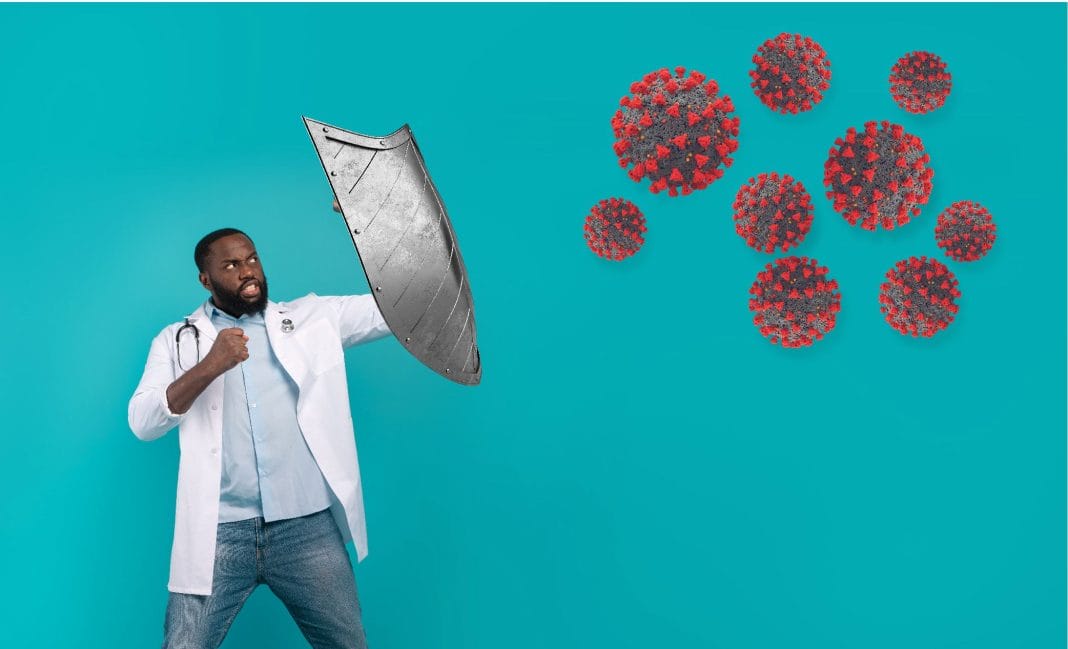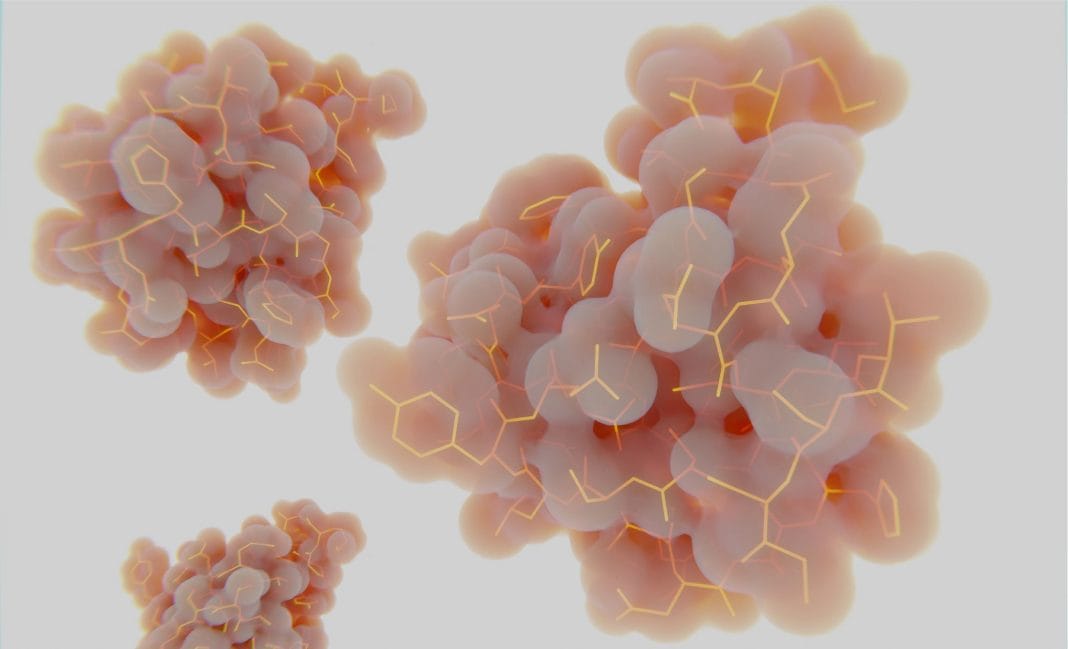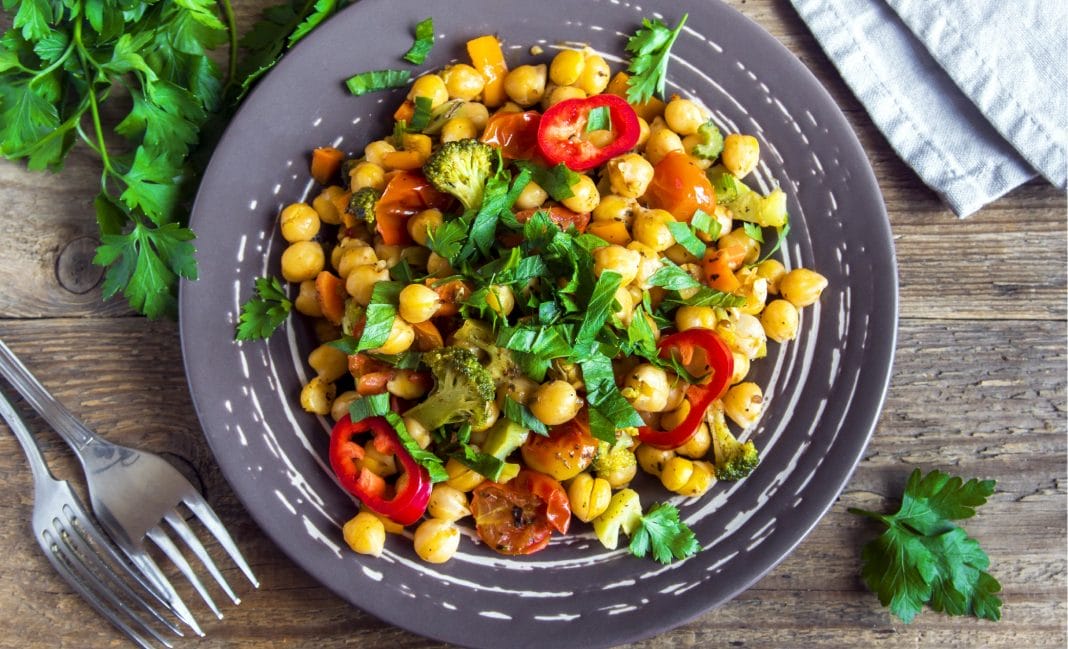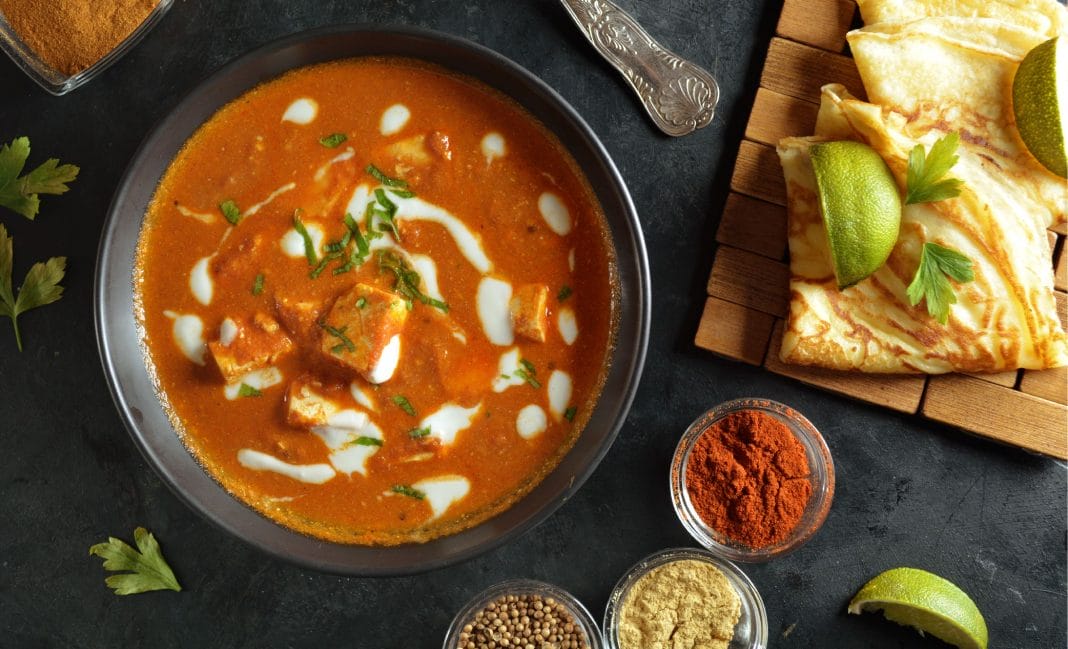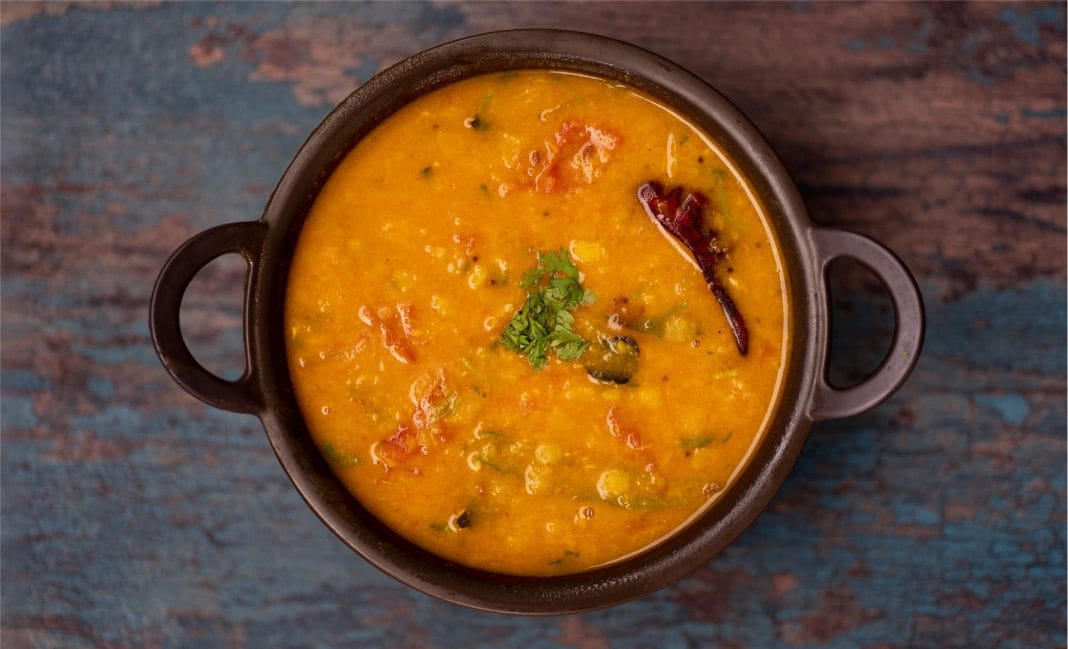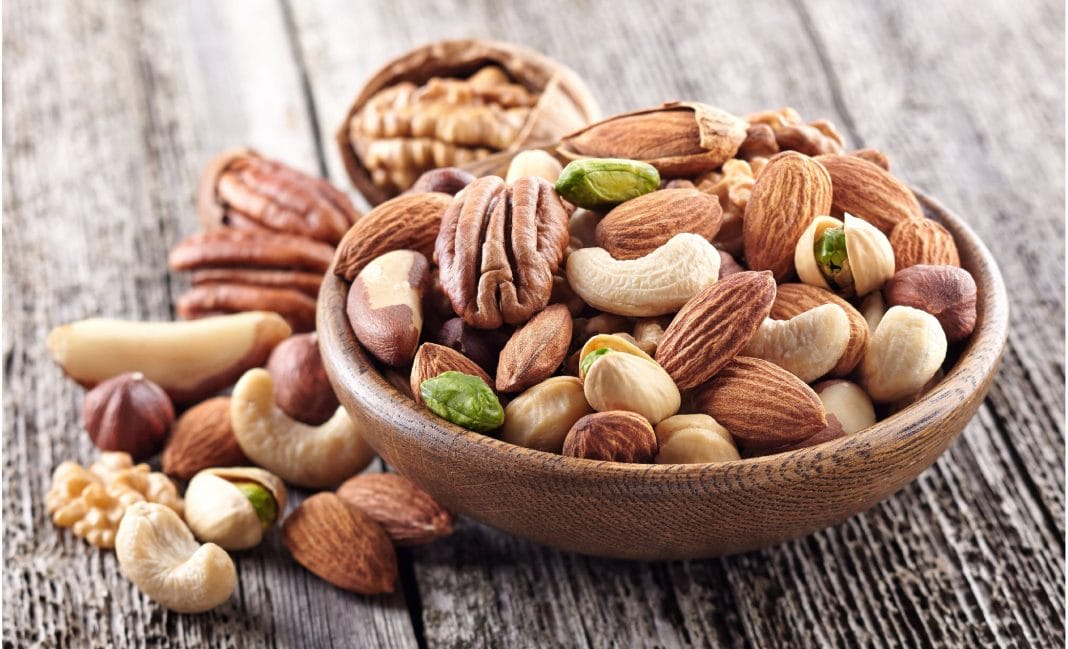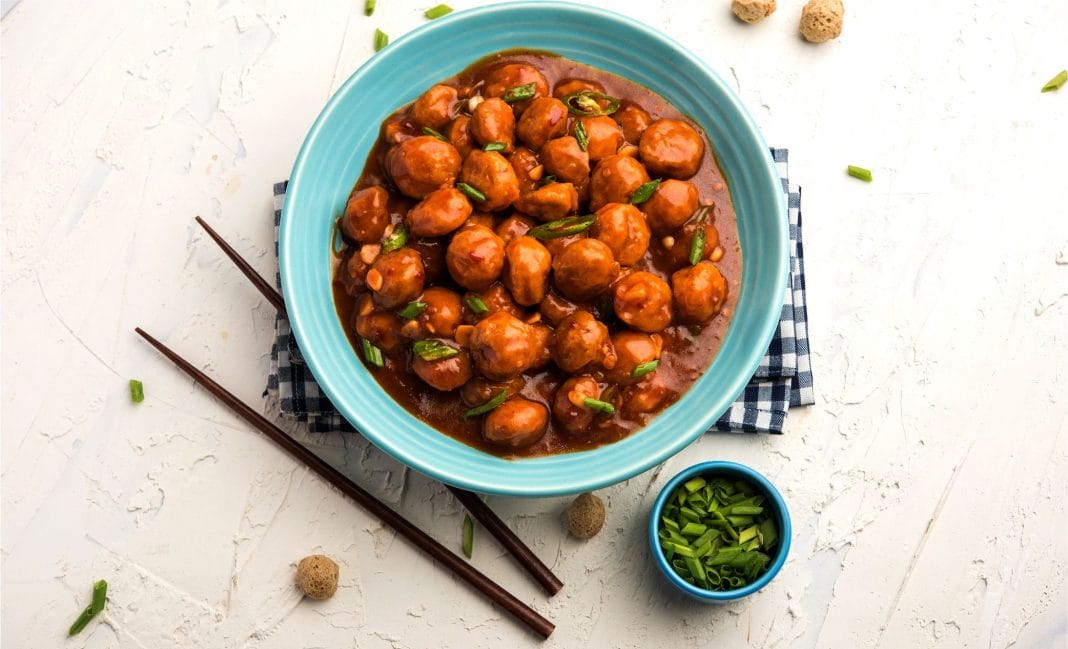This article is reviewed by an expert
According to Ayurveda, the human body can fulfil all its nutritional needs through natural foods and herbs which are readily available to us. Protein is a crucial macronutrient necessary for a healthy life. However, Ayurveda emphasises the importance of not focusing solely on one nutrient and maintaining a well-balanced diet. [1]
Ayurveda educates us on the significance of optimal nutrition and the role of different nutrients in the body. While acknowledging the importance of protein, it reminds us not to overlook other essential nutrients that contribute to overall health and well-being.
[1] By incorporating a variety of whole, natural foods into our diets, we can meet our protein needs while ensuring that we get all the necessary nutrients for optimal health. With that said getting enough protein on a daily basis is still crucial for maintaining a healthy lifestyle. In this article, we will go over the benefits of including protein-rich food in your diet along with a few examples.
Benefits of Eating Protein-Rich Food
Builds and repairs tissues
Protein is the building block of our body tissues, including muscles, bones, and organs. It helps in repairing and rebuilding damaged tissues, thereby promoting overall health and longevity.[2][3]
Boosts immunity
Protein helps with the proper functioning of the immune system. Proteins are regarded as a nutritious source of amino acids and biologically active peptides. It
helps in the production of antibodies, which are necessary for fighting infections and diseases.[3]
Supports hormone production
Hormones are essential for various bodily functions, such as growth and development, metabolism, and reproduction. Protein helps in the production of hormones, thereby maintaining hormonal balance in the body. Studies have shown that a Protein rich diet is linked to increased production of peptide hormones like Insulin. [4]
Provides energy
Protein is a rich source of energy. It helps maintain blood sugar levels, thereby preventing sudden spikes and crashes in energy levels. Studies have shown that even protein sources as small as nuts can contribute to a high energy intake and help in weight loss.[5][6]
Promotes weight loss
Protein is known to keep you full for longer periods, thereby reducing your overall calorie intake. There is evidence to support the fact that meals higher in protein tend to increase satiety when compared with meals lower in protein. [7] It also helps in building and maintaining muscle mass, which can help you burn more calories.
Why you need it
Protein is a crucial component of a healthy and functioning body. It is a macronutrient that every cell in our body requires as proteins are composed of building blocks known as amino acids.[3] Adequate protein intake is essential to maintain healthy muscles, bones, and tissues since protein is present in every cell throughout our body. [9]
If you don’t consume enough protein over a period of time, it can result in loss of muscle mass. This, in turn, can affect your strength, balance, and metabolism. Additionally, inadequate protein intake can cause anaemia where your cells don’t receive enough oxygen, leading to feelings of fatigue.[10]
Here are a few examples of Protein based foods:
Dairy Products and Coconut milk
it is recommended to include protein-rich dairy foods in the diet, such as curd/yoghurt (11g approx protein per 100g), milk(3g approx per 100g), and/or coconut milk(2.3g per 100g), as they nourish all the tissues and organs of the body. Paneer is also another dairy product that is rich in protein(18g per 100g). [11] However, this advice should only be followed by individuals who can tolerate and digest these foods properly.
Plant-based Options
For those following a plant-based diet, there are several protein-rich options available, including split yellow mung beans(7g per 100g), red and green lentils(9g per 100g), most green vegetables, and almonds(0.25g per almond). Incorporating these foods into your diet can help you meet your daily protein requirements.
Nuts
Along with almonds, cashews(18g per 100g), peanuts(26g per 100g), walnuts(15g per 100g), and pistachio(20g per 100g) are great sources of protein and also make for great snack options between meals.
Rice with beans or Khichdi
Rice and beans together create a complete protein. When cooked together, they offer amino acids; one of the building blocks of protein. The total protein consumed is near twice the amount when compared to eating just beans alone. [12] Ayurveda encourages this way of incorporating protein into the diet by creating a soup of mung beans and rice, otherwise known as khichdi(8.7g per 100g), to be eaten regularly.
Conclusion
The importance of protein-rich food in our diet cannot be overstated. In fact, the general consensus of researchers and medical practitioners is that every individual requires at least 0.8g to 1.5g of protein for every kilogram of their body weight for optimum nutrition. [13] It is therefore essential to include protein-based foods in every meal. Additionally, while including protein-rich food in your diet, Ayurveda recommends including the 6 Rasas in every meal.
References:
- Role of Diet in Ayurvedic Treatise as Perceived by Ayurvedic Doctors
- Nutritional Support for Connective Tissue Repair and Wound Healing
- Immunology and Its Relation with Food Components: An Overview
- Effect of long-term dietary protein intake on glucose metabolism in humans
- Nuts: source of energy and macronutrients
- Plant protein in relation to Human protein and amino acid nutrition.
- Safety and efficacy of high-protein diets for weight loss
- Soy protein in relation to human protein and amino acid nutrition
- A global view of protein expression in human cells, tissues, and organs
- A Review on Nutritional Anemia
- Protein standardization of milk and dairy products
- Development and Organoleptic Evaluation of Food Preparations Incorporated with Selected Antidiabetic Medicinal Plants
- Protein Content in Diabetes Nutrition Plan





